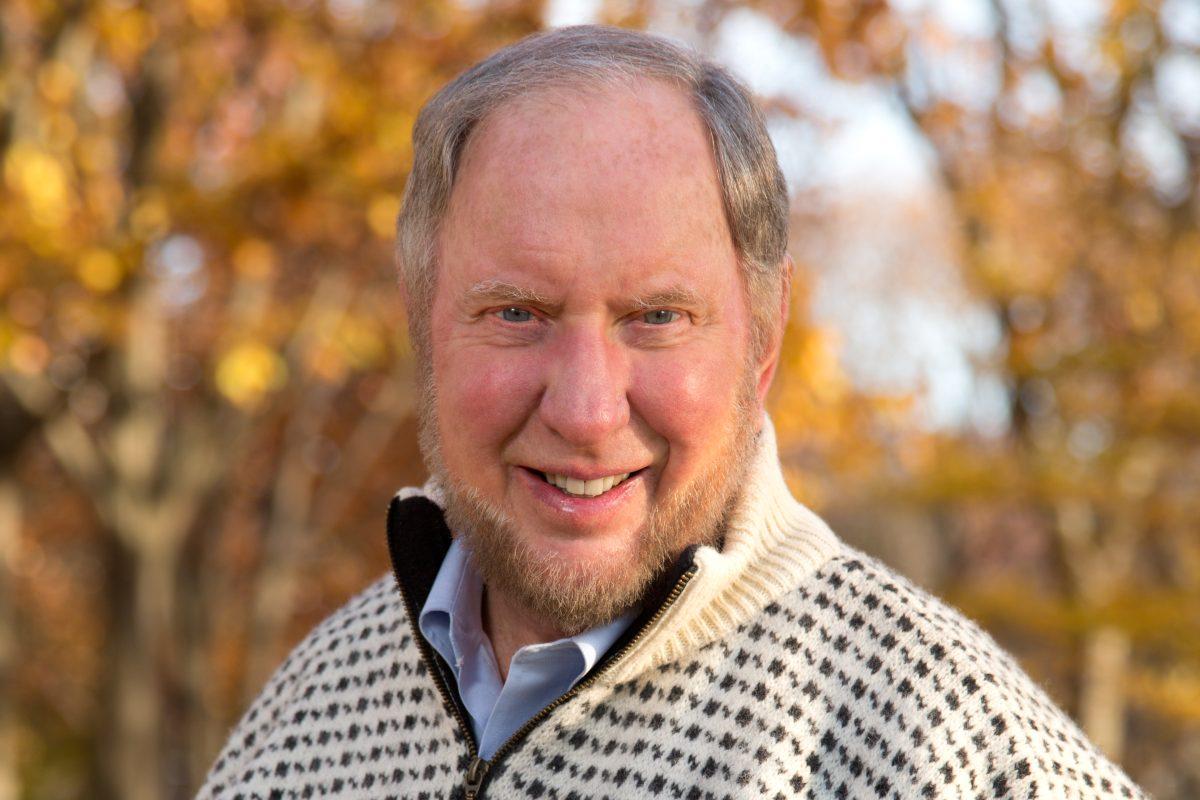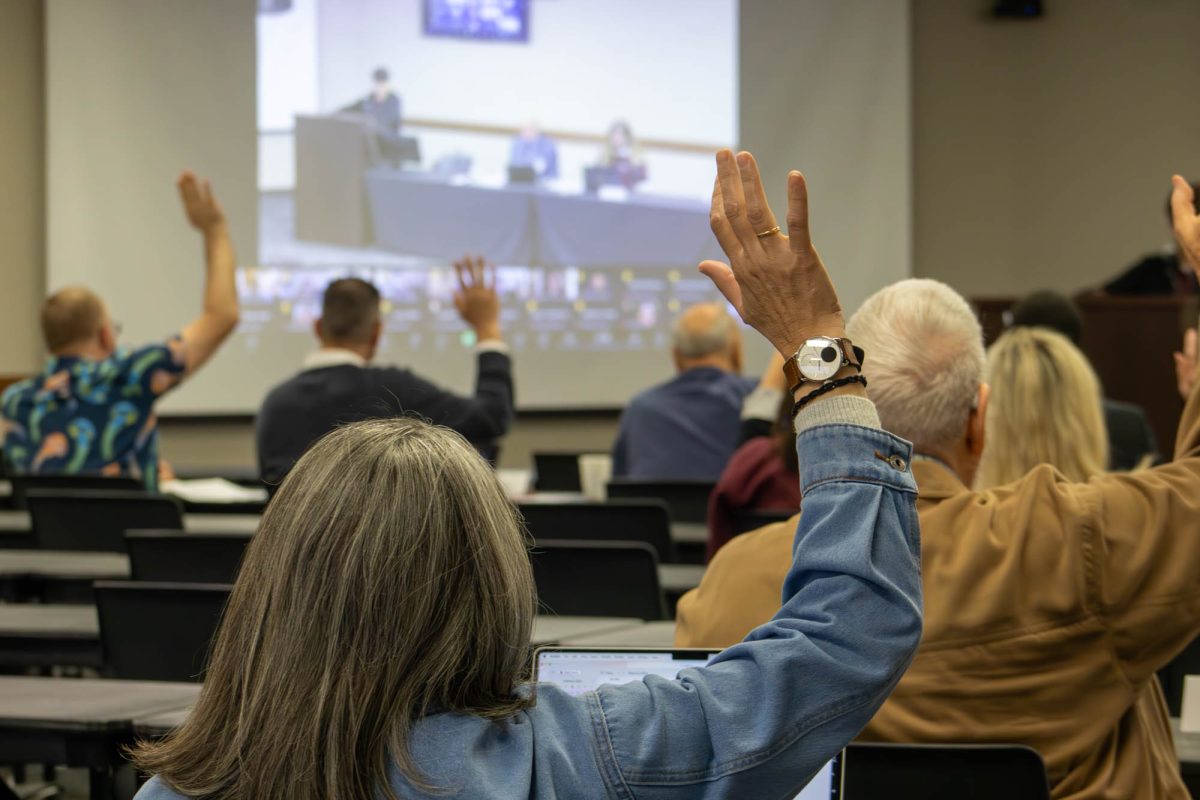Award-winning author and political scientist Robert Putnam will be at Texas A&M on Wednesday to present his most recent research about learning from the past to improve American society.
The College of Liberal Arts and the Hagler Institute for Advanced Study (HIAS) will host Putnam for a lecture at 7 p.m. in the Annenberg Presidential Conference Center. Putnam is the Peter and Isabel Malkin Professor of Public Policy at Harvard University and a member of the National Academy of Sciences. His research lecture is titled “Past as Prologue: How We Got Here and How We Can Renew America.”
Putnam spoke at A&M in in 2016 to discuss his New York Times Bestseller “Our Kids: The American Dream in Crisis.” Dean of the College of Liberal Arts Pam Matthews said the book was her first introduction to Putnam.
“I felt like that book actually changed my life, it really did,” Matthews said. “It completely changed some of the things I think about and the way I think about them.”
She said that when it came time to nominate a speaker for the Hagler Institute, she suggested Putnam.
“The work he does is so very important to our country,” Mathews said.
Joseph Ura, associate professor of political science, said Putnam is one of the greatest living political scientists today.
“There are really very few people whose work has had both the impact on academic political science and on actual policy making and the thinking of people who run governments all over the world about the best way to promote democracy and democratic culture as Robert Putnam,” Ura said.
Putnam’s work over the past decades has been about the role of interpersonal trust in social capital on the emergent properties of political systems. Ura said societies with high trust have positive effects, but societies with lower trust have individuals in the society spending more time and energy guarding personal interests, causing the overall system to suffer.
“In societies where people are able to count on one another and trust each other, we’re able to build more functional, shared spaces and institutions,” Ura said. “Those positive effects sort of accumulate over time to where we are able to build effective, responsible, efficient democratic societies that support economic growth and create opportunities for personal development and individual well-being.”
Steven Oberhelman, associate dean and professor of classics, said Putnam will likely discuss what social or political innovations might be available for the future.
“The problems that America faced around the turn of the twentieth century have reappeared now here in the twenty-first century,” Oberhelman said. “It took an effort by people working together, people of all political philosophies, people of different social philosophies, working together for the common good.”
Matthews said students should attend to the event regardless of major because Putnam can speak to a variety of interests people hold.
“It is rare to have a person who does that kind of broad work that has impact in all fields,” Matthews said. “So not matter how you think about things, if you’re a student — whether you’re interested in political science or sociology or you’re interested in literature or languages or the social sciences, any of those fields — he knows how to speak to our nation’s issues, its strengths and its challenges, through both of those lenses.”
Ura said he has met and worked with a wide variety of intelligent and accomplished scholars during his time at A&M, but to him Putnam stands out.
“[Putnam has] some really, genuinely insightful things that really kind of hit at fundamental dynamics of how communities and countries work, and I would encourage anyone who can come out to his lectures to try and take part in them,”Ura said.









